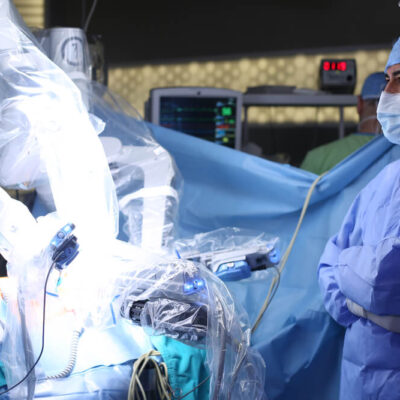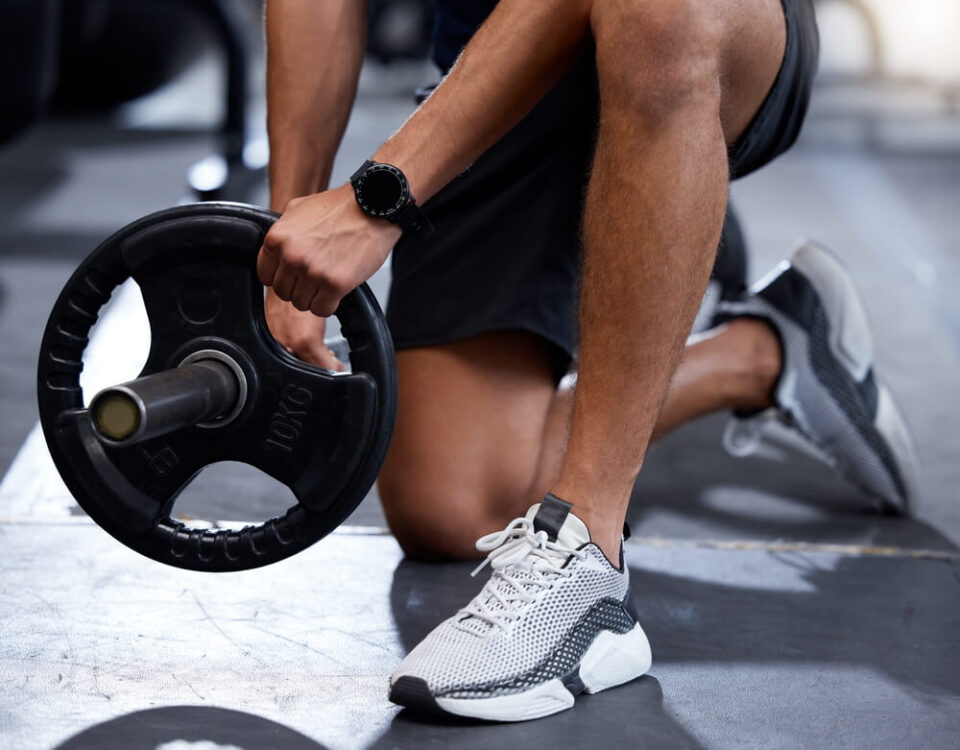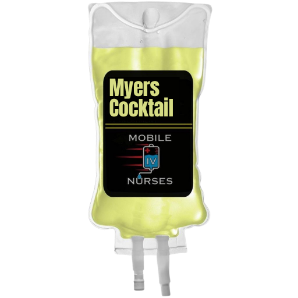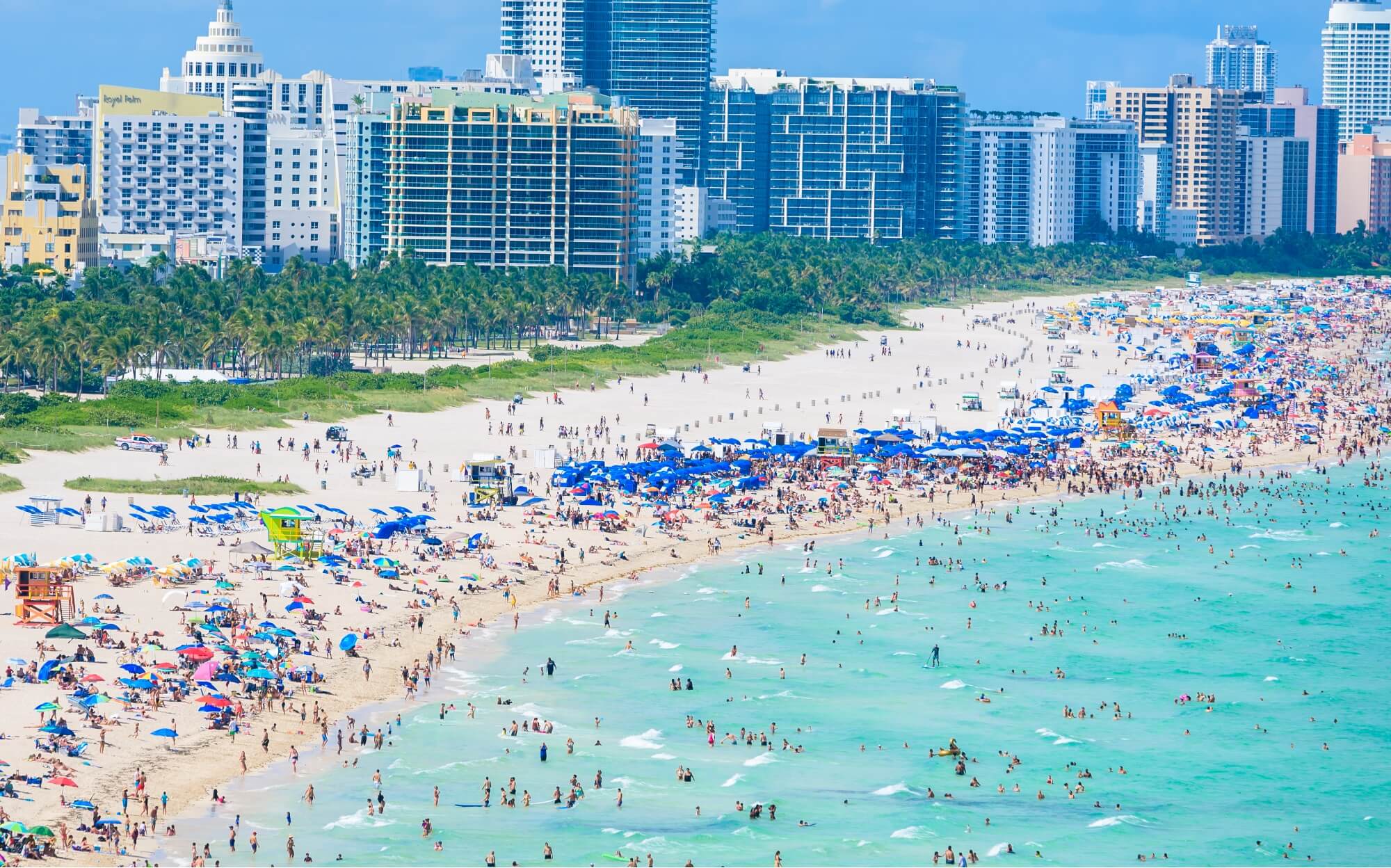
Magnesium IV Drip for People Who Are Deficient
April 12, 2023
Table of Contents
- Why Do You Experience Swelling After Surgery?
- Best Ways to Reduce Swelling After Surgery
- Major Dos and Don’ts to Reduce Swelling
- What is the Fastest Way to Reduce Swelling?
Swelling, or edema, is a normal result of surgery and is the first stage of your body’s healing process. Though healing after surgery is important, you may feel self-conscious about the swelling. Fortunately, you can take action to reduce swelling after surgery.
Though it is impossible to get rid of all swelling after you go under the knife, this article will look at some of the best ways to reduce swelling after surgery. These easy steps can lower the amount of swelling you experience and reduce the overall time of the swelling.
Why Do You Experience Swelling After Surgery?
Before we look at some of the fastest ways to reduce swelling after surgery, it’s useful to understand why swelling occurs in the first place.
Swelling is a normal result of surgery and is an important part of your healing process. Swelling occurs when your body sends a flood of white blood cells, proteins, and other healing agents to the site of the surgery. These elements will work to begin repairing tissue damage and fight infections. As a result, the surgery site will swell.
Swelling will usually begin right after surgery and is often worse in the first few days after surgery. The time it takes for swelling to go down will depend on the nature of your surgery and the area of the body affected. Usually, you’ll notice a marked decrease in swelling a few weeks after surgery, though it can take months or even up to a year to see all swelling go away.
There are things you can do to help this process along. Let’s look at the best ways to reduce swelling after surgery.
Best Ways to Reduce Swelling After Surgery
Ice the Surgery Area
Yes, icing an injury or surgical area can really lower swelling, especially early in the healing process. The cold temperature of ice causes blood vessels to restrict, reducing the amount of blood and fluids it can send to the injured area.
Ice your surgery area in 15-minute intervals for the best results. Avoid putting ice directly onto your skin. Instead, use a compress or wrap ice cubes or gel packs in a towel.
Elevate the Area
Swelling happens because fluids gather at the site of your surgery. You can help reduce the swelling by elevating the surgery area above your heart. This will help drain the fluids from the area. If you received facial surgery, sit upright instead of lying down. Elevate arms or legs above your heart. If you received surgery on the abdomen, sitting upright or reclining instead of lying on your back can help to reduce swelling after surgery.
Wear Compression Garments
Your doctor may recommend that you wear compression garments after your surgery. These garments can help reduce your swelling. They work by pushing fluids back into the lymphatic system. As an extra bonus, they can also assist with tissue healing and even help your tissue heal in the contours your doctor wanted to achieve.
Always follow your doctor’s instructions carefully on how and when to wear your compression garments. You’ll be more likely to get a better result if you do!
Give Yourself Time to Rest
Any type of surgery causes trauma to your body, and you need to give yourself time to heal. Resting and avoiding vigorous activity will allow your body to focus on the healing process, which can help reduce your swelling. If you try to get too active too soon after your surgery, you could cause more trauma to the surgery area, triggering more inflammation and swelling.
Always follow your doctor’s instructions on how long to rest and which activities you can perform during the healing process. (In some cases, you may be encouraged to walk or perform light activity in the days after your surgery.)

Take Supplements
Certain vitamins, minerals, and herbal remedies may help to reduce swelling after surgery. Vitamin C is known to support immune health and may help you recover more quickly after surgery. Arnica and Bromelain are homeopathic remedies taken by many to help recovery after surgery.
Overall, taking vitamins and minerals can ensure you don’t have deficiencies, which may slow your healing process. The healthier your body is, the faster it can heal after surgery. That includes reducing swelling over time.
Major Dos and Don’ts to Reduce Swelling After Surgery
DO Stay Hydrated
Drinking water and staying hydrated will flush out your system, which can aid in your healing process. Certain anesthetics and surgical medications can mess with your GI tract. Drinking water will help you get your gastrointestinal system back in order.
DON’T Overdue Physical Activity
If you’re a normally active person, you may be tempted to hit the gym or start lifting boxes at work soon after your surgery. However, pushing yourself too much can slow your healing process or even cause more injury to your surgical area. You may be wondering, does walking reduce swelling after surgery? Walking can help improve your circulation and help fluids drain from the site of the swelling. However, always talk to your doctor before you take up walking after your surgery. Your surgeon will be able to tell you what you should and shouldn’t do after surgery.
DO Eat Nutritious Meals
After surgery, your body will need all the help it can get to heal. Give your body the assistance it needs by eating a nutritious diet. Good foods will help support your immune health and your healing process.
DON’T Eat Too Much Food Rich in Sodium
Sodium (or salt) causes you to retain fluids, which can make swelling worse. After surgery, do your best to avoid foods that are high in sodium, such as highly processed foods or foods that contain lots of preservatives. That doesn’t mean you have to avoid all salt, but it’s a good idea to avoid the worst sodium offenders (like some canned soups).
(Maybe) DON’T Take NSAIDs
You may be wondering, does ibuprofen reduce swelling after surgery? This is a great question. After all, NSAIDs — anti-inflammatory drugs like aspirin, Advil, ibuprofen, and Motrin — are often taken to reduce swelling, pain, and inflammation. However, these drugs are also blood thinners and can reduce your body’s ability to clot. Some surgeons may recommend against taking NSAIDs right after surgery. Always check with your doctor before taking NSAIDs or any medicines with aspirin after your surgery.
What Is the Fastest Way to Reduce Swelling After Surgery?
The best way to reduce swelling after surgery is to carefully follow your doctor’s instructions. Your surgeon will likely recommend that you rest, ice the surgery area, and keep it elevated. In some cases, they may also provide or recommend that you wear compression garments. You can also speed up your healing process by eating healthy foods, staying hydrated, and taking vitamins and minerals.
Consider IV vitamin therapy as part of your recovery after surgery. Intravenous or IV therapy sends powerful vitamins and minerals directly into your bloodstream for optimal absorption. IV therapy is also an excellent way to improve your hydration, especially if you’re experiencing nausea or other tummy troubles after surgery. To address any discomfort, you may also consider adding a pain reliever to your IV therapy package, depending on your doctor’s .
Mobile IV Nurses can provide safe, quick, and private IV therapy in the comfort of your home or hotel room after your surgery. Schedule your appointment today.

Experience the Convenience of At-Home IV Therapy with Mobile IV Nurses
Hydration & Wellness
Professional Care
Convenient Service







